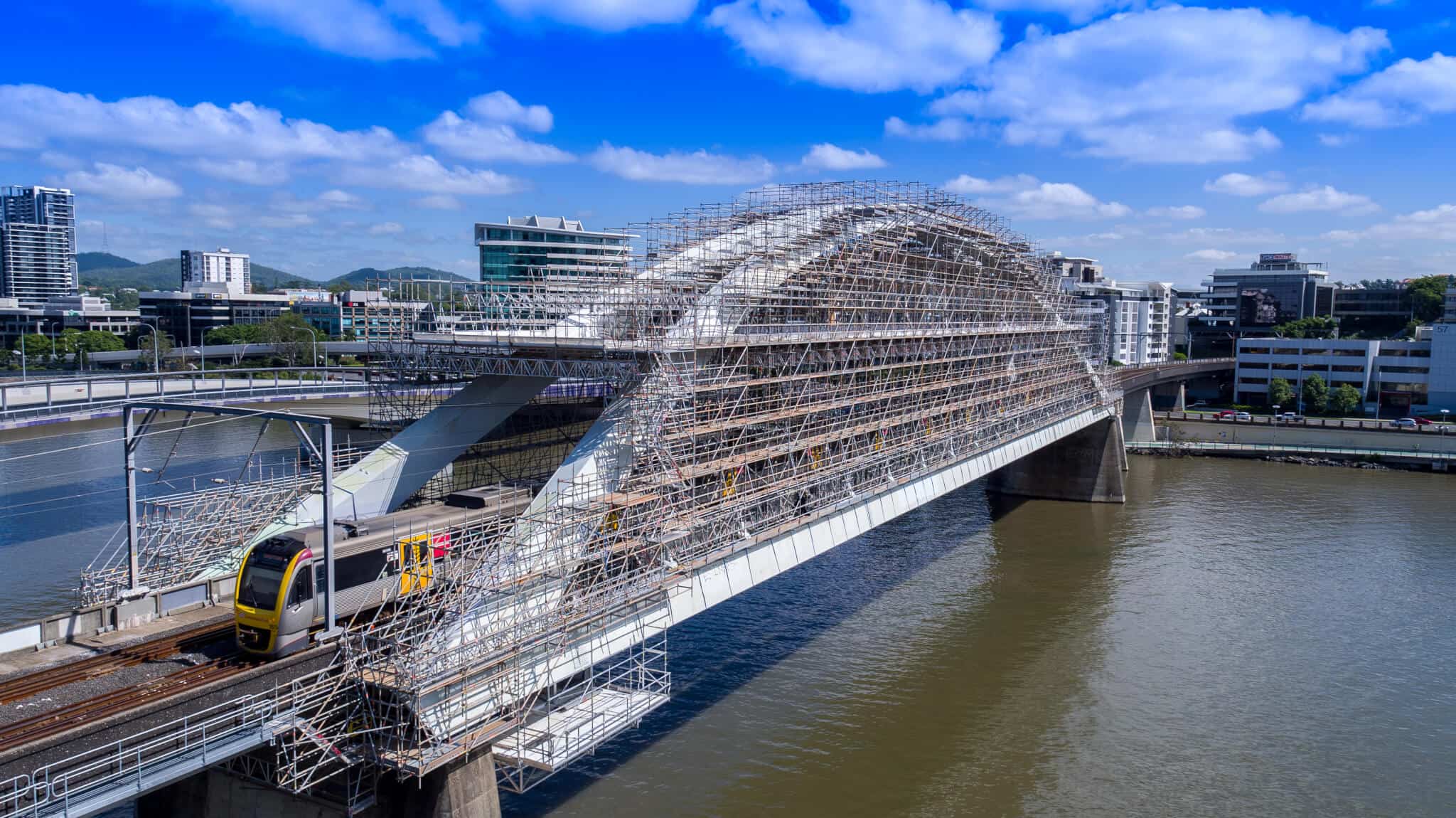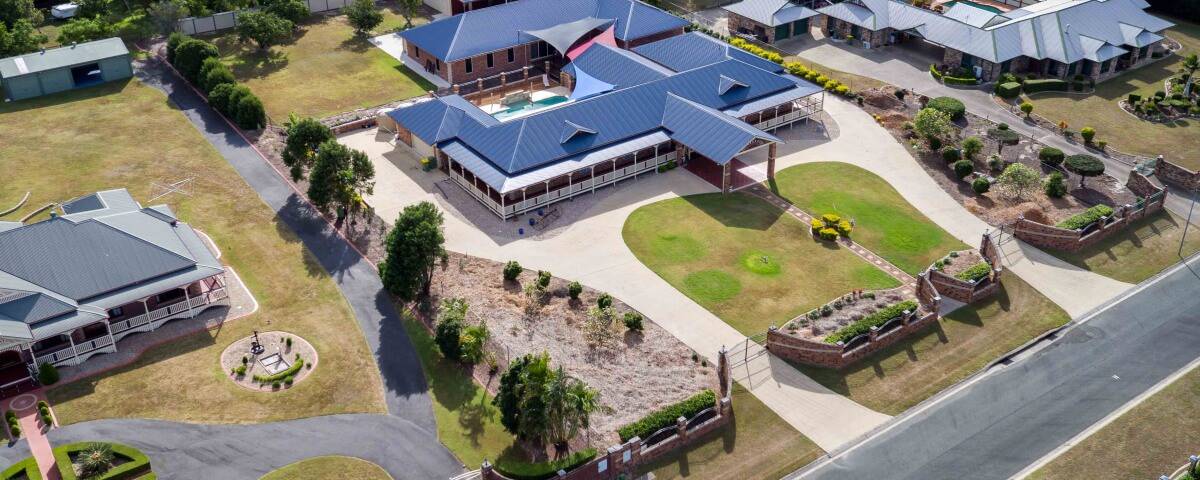
Aerial Photography Brisbane
December 27, 2017
Drone and Aerial Photography Rates
December 29, 2017It is a general belief that no matter the obstacle, hindrance, or obstruction, work must be done and whatever it is that must be achieved must surely be accomplished. Regardless of whether you were handed the challenge of obtaining photographs or capturing images of a housing estate or you were presented with the challenge of inspecting a flare stack, the person who gives you this mandate is less concerned about the challenges that may come your way. All he is concerned about is the outcome.
One of the obvious challenges you may be faced with is how to surmount the difference in height. A person who is involved in real estate photography must capture every nook and cranny as well as every hidden corner. It is only through this that the picture will be appealing and attractive to prospective mortgage investors.
In the case of an engineer who is put in charge of inspecting a flare stack, the task is even more daunting. Firstly, flare stacks are particularly high and require climbing several flights of steps if the job is to be done manually. This is time-consuming and energy sapping. Secondly and more importantly, it is hazardous, risky and life-threatening. The heat produced in this refineries measure up to about 1000 degrees or over.
Thankfully, there is a better and easier way of carrying out the aforementioned exercises. Ever heard of drones? Yeah, that is the real deal. It is an open secret that technology is taking over the world and people are using machines to get more jobs done quicker and faster.Also, processes are getting more automated. In simple terms, drones help us to overcome height differences. Technologically speaking, drones are remotely controlled aircraft that can fly as high as it is programmed. They are also referred to as an unmanned aerial vehicle.
How Does A Drone Work?
The basic components of this technological device are a controller (usually ground-based), a UAV, and a means by which this two can communicate and share information. Usually, cameras are placed or installed on drones so that they can capture images and videos of the region they are configured to cover. Drones operate on batteries which may vary in size depending on the size of the vehicle. Smaller vehicles make use of lithium-polymer batteries while more massive vehicles adopt the conventional engines used by aeroplanes. Other important components of drones are sensors (which detects the state and position of the gadget at a particular instance), and actuators.
Although some societies and communities are not too receptive about the idea of employing drones to carry out tasks, however, what cannot be denied is the relative ease and convenience with which jobs can be done when drones are used. Also, in the case of flare stacks (which should ideally be maintained and inspected every three months), it helps to reduce machine downtime because regular maintenance will translate to increased efficiency of the refinery.

